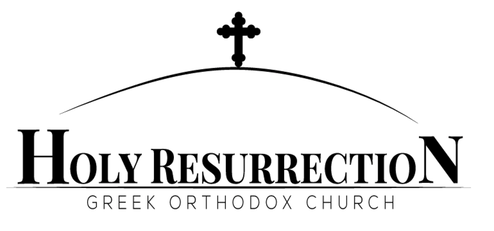In the article linked below, I offer you a journey through Holy Week and Pascha that I pray will strengthen us all to enter into fully, attending as many blessed services as we can, to the beauty and grace found in Holy Week and Pascha. Below you'll find the following for each service:
- An icon related to each service
- A picture of our celebration from each service last year
- The date/times of when we will celebrate the services this year
- A brief overview of the major theme and theological importance of each service
- A brief overview of each service's major liturgical actions and associated meaning
Link to article - What Does Holy Week and Pascha Look Like?
Kalo Pascha!
Fr. Steve


 RSS Feed
RSS Feed